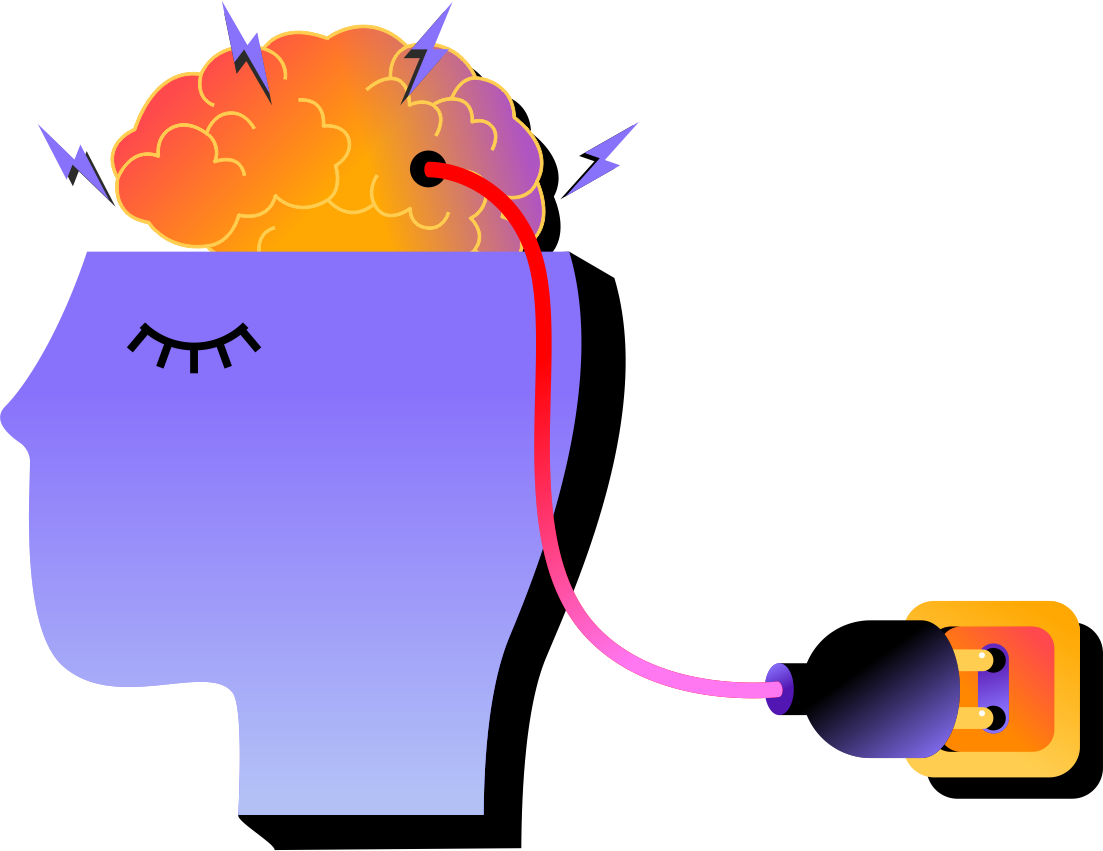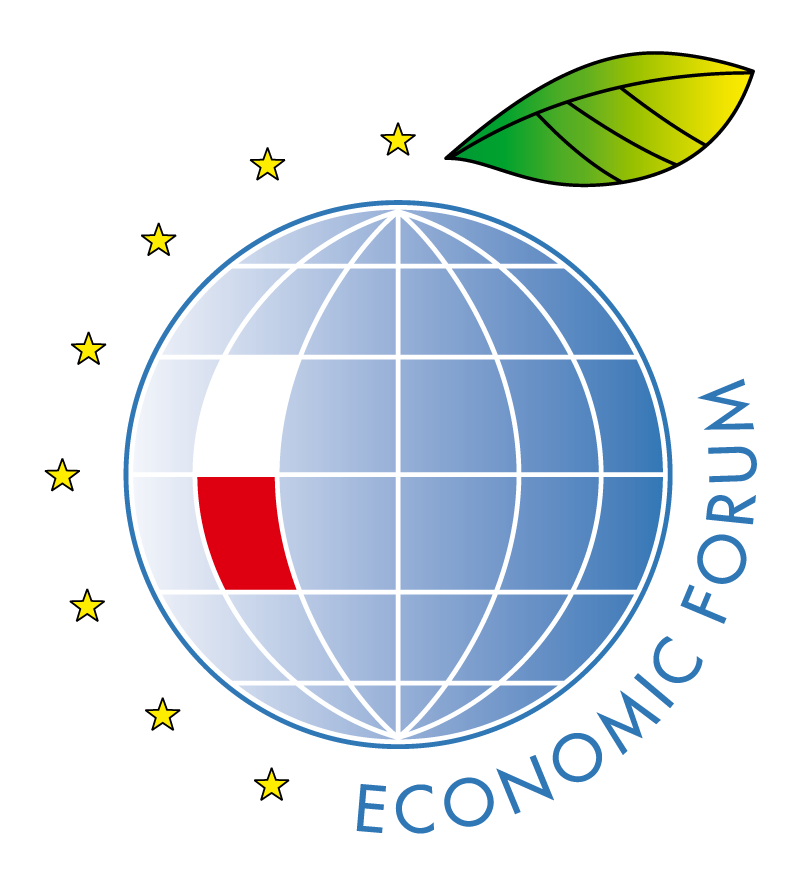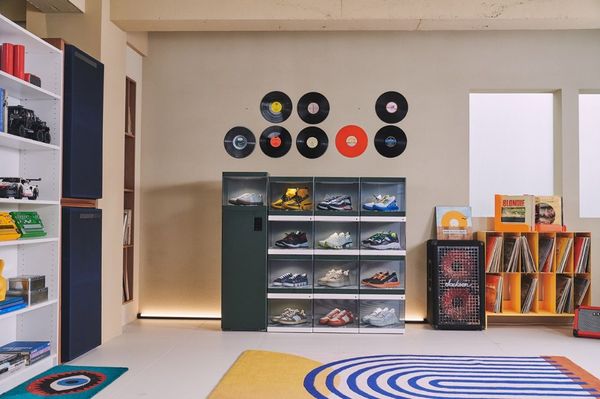Journalists and politicians from Central and Eastern Europe discussed the state and politicization of the media in the region, the potential of Central Europe, and the battle of narratives at the Economic Forum in Karpacz, Poland. We were there; here is our coverage!
The Economic Forum, the largest conference in Central and Eastern Europe, was held for the 31st time this year in the southwestern Polish resort town of Karpacz. The theme of the Forum was: „Europe in the Face of New Challenges.” Given the events of the past months, it may sound like a clearly defined topic, but it covered a broad range: there were discussions from cyber security to energy crisis, investment, and sustainability. At the Polish-Hungarian Forum, we attended a panel discussion on the state of the media in Central and Eastern Europe and its international dimension. Coverage from Hype&Hyper.
„The media is like the nervous system; it connects the parties with information,” Andrzej Zybertowicz, advisor to the National Security Bureau of Poland, began his speech. We know this here in Central and Eastern Europe too, but the number of connections is still limited; only a few newspapers are directly connected to each other. Zybertowicz argued that it is a vast mistake that, for instance, Latvians find out from the Western media what happens in Bulgaria, as this way, we cannot influence our own image. We are vulnerable to other countries’ media outlets.

Marek Kuchcinski, Polish MP and chairman of the Sejm’s Foreign Affairs Committee, agreed with Zybertowicz’s points. He stated that it is a significant challenge for the TSI (Three Seas Initiative) countries to find out and understand what is going on in Warsaw, Bratislava, Kyiv, or Budapest, without the lenses of Berlin or Moscow. A growing national consciousness can only work if we can communicate it to the outside world. It is unacceptable in Polish-Hungarian relations that when the Prime Minister of one of the countries makes a speech, only a filtered message reaches the other country based on one sentence highlighted by the Western media. Kuchcinski believes that direct media contact should exist instead between the two countries.
This discussion was particularly interesting for Hype&Hyper as Barnabás Heincz, the head of our Business & Strategy column, was one of the panelists, and he had the opportunity to share the Hungarian point of view with the participants. He explained that although there are Hungarian media outlets that focus on the other V4 countries, their coverage and network system are quite limited. The largest Hungarian media players did not build a sufficient network to get the necessary information from Warsaw or Prague. And in its absence, it is impossible to create a Central and Eastern European narrative. Heincz pointed out that the problem is more than the lack of connections between the Central and Eastern European countries’ media outlets. If we get information from the Western media, why have we no contact with them? – he asked. Why does the region lack talented, qualified journalists who could cover the „Eastern” narratives in the Western media? Western politicians and policymakers consume Western mainstream media, and they reinforce its narratives. If they cannot hear the voice of Central and Eastern Europe, Europe’s decision-making will become even more one-sided and biased.
Goran Andrijanic lives in Poland but works for the Croatian newspaper Fratria, so he gets the news from Croatia without distortion. The Croatian media landscape is rather one-sided; the different media outlets agree on the most critical issues. Thus, a dominant opinion can emerge without significant critical voices, even within one country. In Croatia, for example, that the country’s future is in a federal Europe, and the government accepts this plan. This situation could have been decisive, for instance, during the 2013 constitutional referendum on the definition of marriage, when the mainstream Croatian media unanimously campaigned against the constitution’s amendment. Furthermore, news from the neighboring countries reaches Croatia through the largest major media agencies, meaning that if Croats want to get a more nuanced picture of certain issues, they have to make a big effort. If Central and Eastern Europe want to be a cultural community of nations, these issues must be addressed.

According to Pawel Lisicki, editor-in-chief of Do Rzeczy, Central and Eastern European countries cannot be lumped together regarding their media situation. He said liberal voices completely dominate the Croatian media, but Hungary and Poland have conservative public television broadcasters. Nonetheless, Lisicki noted that centrist televisions also reach many people in these countries and still think that left-wing media dominates their markets. Moreover, he added, liberal voices in the media are not limited to traditional media channels, as YouTube, Facebook, or Twitter also support a liberal or left-wing agenda. Lisicki sees one viable solution for Eastern European countries against the dominance of Western liberal media: translating the major portals’ content into English, thus allowing them to reach a wider audience.
Andrzej Zybertowicz also believes that Big Tech has significantly changed the Central and Eastern European context. He used the brain metaphor mentioned before to illustrate his point, arguing that the region’s brain is outside its body. What is more, Zybertowicz thinks the region actually has two brains: Berlin and Silicon Valley. The German public news agency has the most correspondents in Central and Eastern Europe, and although they do not aim to send politically biased dispatches, they still operate in a structurally toxic environment. This environment was created by Big Tech, resulting in an oversaturated market. So, the key decisions are taken virtually without any debate, and no meaningful discussions or disputes can occur.
But how could we tip the scales? Zybertowicz believes that in addition to the integration of roads and energy systems, intellectual cooperation also must be strengthened, and without regional universities and adequate media portals, it is simply not possible. Until then, we cannot expect a young Scandinavian to be interested in the Balkans or any other part of Central and Eastern Europe. Marek Kuchcinski added that the more we work on the situation, the more obvious that we need a vast amount of money for our goals.

Barnabás Heincz agreed that the development of soft power is also crucial. He believes that in Hungary currently, MCC is the most powerful „soft power institute” as it provides training for tens of thousands of students, professionally engages with international professors, offers scholarships, and organizes exchange programs. But he added that soft power is the strongest if it is not politicized. If there is Scandinavian hygge, why is there no Hungarian hygge? Why are Hungarians not promoting their traditional pig slaughter or spirits? A Scandinavian young person will not be interested in the Balkans per se, but they might be interested in the cuisine and history of the Balkans. We cannot expect the West to understand us if even we do not understand ourselves. How would a young Belgian cook Hungarian food if there is no good Hungarian cookbook even in Poland?
If we aim to find common ground between the countries of the region, we must mention religion too. Goran Andrijanic believes that the cultural community, the shared history, and the cultural code are all surrounded and influenced by religion and faith. However, he added that this shared basis should not only be used as a foundation, but we must also build on it. But this requires political will, and, like any other project, it is impossible to achieve it without a communication channel.
Matyas Zrno, Head of CNN Prima News Foreign Desk, could only join for the end of the panel discussion, but he could still point out an important challenge: our attention spans are getting shorter, so the news must come faster and faster. If one wants to see the future of media, it is enough to have a look at TikTok. He said that Czech media is really different from Hungarian or Polish as the Czech state is fundamentally more secular, and religion and national values are not that important. Furthermore, the media in Czechia is basically free from predefined political agendas, as it is mainly in the hands of oligarchs. According to Zrno, Czech conservative media outlets operate completely differently than elsewhere. In Czechia, they are trying to reach out to those who are not addressed by the liberal media instead of deliberately targeting conservative people. For this reason, Zrno deems, we can talk about „primitive conservatism” in Czechia.


„I guess you can never learn too much about anything.” – An interview with Sylwia Lipka

LG creates the future of stylistic storage solutions for sneakerheads










